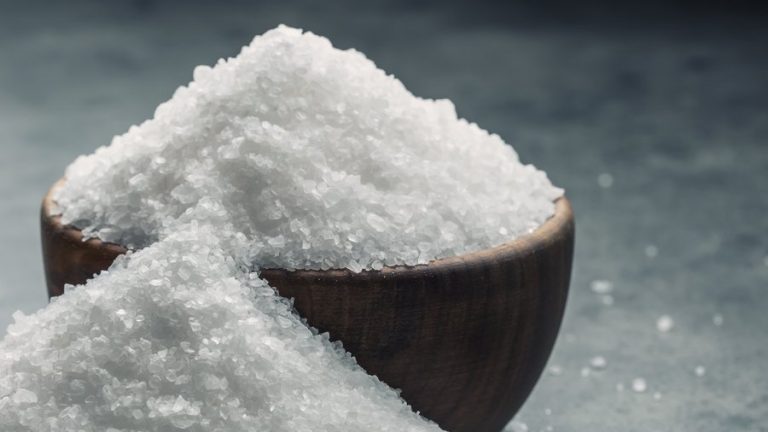New Salt Import Regulation 2025: Is Your Industry Ready?
(How PLB helps industries adapt to stricter import policies)
Behind a pinch of salt lies the lifeblood of Indonesia’s key industries.
Salt is not just for the kitchen — it plays a vital role in food & beverage, pharmaceuticals, chemicals, and mining.
Since the issuance of Minister of Trade Regulation (Permendag) No. 19 of 2025, later updated by Permendag No. 37 of 2025, the industrial salt import system has changed significantly.
Now, companies must ensure compliance at every step — documentation, logistics, and verification — under tighter government supervision.
Industries Most Affected
-
Food & Beverage (F&B)
Producers of processed foods, seasonings, and bottled drinks can only import industrial-grade salt (minimum 97% NaCl) and must hold API-P status. -
Pharmaceuticals & Healthcare
High-purity salt is required for IV fluids, saline, and lab reagents. Importers must provide verified quality test reports. -
Chemicals & Chlor-Alkali (PVC, Caustic Soda, Pulp)
Imports now depend on Commodity Balance quotas, based on national verified needs. -
Mining & Energy
Technical salt is essential for extraction and refining. Delayed permits can halt production and increase operational costs.
Key Changes in 2025
-
Stricter Importer Classification – Only API-P holders can import salt for production.
-
Commodity Balance System – Quotas are set based on verified industrial demand.
-
Surveyor Verification (LS) at PLB – As per Article 29(4) of Permendag 37/2025, LS can be performed domestically at Bonded Logistics Centers (PLB) — eliminating the need for overseas verification.
-
90-Day Transition Period – Shipments dispatched before enforcement have 90 days to arrive and remain valid; however, this is temporary.
Industry Challenges
Administrative coordination now spans multiple agencies.
Delays in LS or PI can cause port congestion and extra demurrage fees.
To stay efficient, industries must prepare flexible storage and inspection plans ensuring production continuity amid new rules.
PLB as a Strategic Solution
A Bonded Logistics Center (PLB) is a customs-supervised area where imported goods can be stored without immediate duties or VAT.
PLB helps industries balance compliance and efficiency:
-
On-site LS Verification: Conduct inspections directly at bonded warehouses.
-
Production Continuity: Store goods while awaiting PI approval.
-
Duty Deferral: Pay taxes only when goods are used.
-
Full Digital Visibility: TCI’s cloud-based system offers real-time monitoring.
-
Measured Compliance: Goods stay legal until all verification steps are complete.
Conclusion
The 2025 salt import regulations (Permendag 19/2025 & 37/2025) push industries to become more transparent, compliant, and data-driven.
While the 90-day grace period offers short-term relief, long-term resilience depends on PLB utilization.
With digital systems and customs expertise, Transcon Indonesia helps industries transition smoothly and remain compliant.
Want to know how PLB Transcon can help your business adapt to new regulations?
Book a free 30-minute consultation via Calendly Transcon Indonesia and discover efficient compliance strategies for your supply chain.
